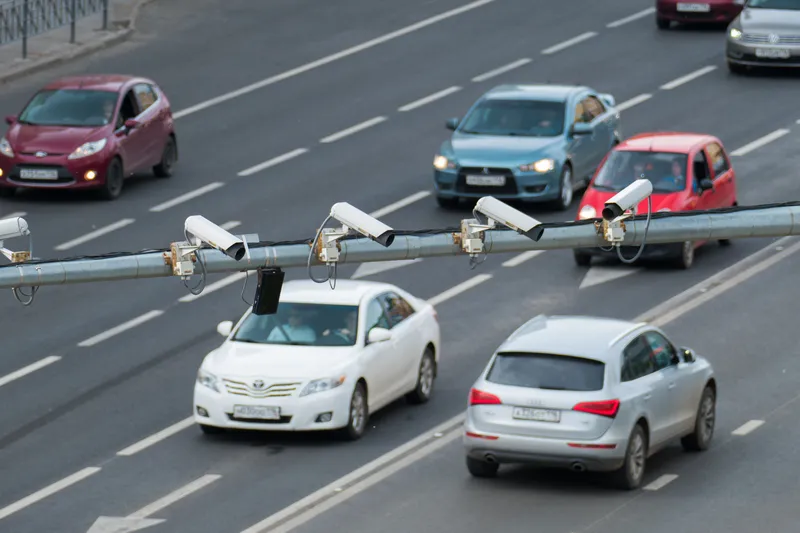
The Danish Road Directorate, Vejdirektoratet, is removing road surveillance cameras made by Chinese manufacturer Hikvision because of cybersecurity concerns.
Around 170 new cameras were purchased by the Danish Roads Directorate in late 2022 from Hikvision at a cost of €670,000. However, the company had previously been heavily criticised by Danish security agencies and human rights organisations, according to Danish media reports in Computer Word Denmark and the political and economic on-line newspaper Altinget.
Altinget, in a report this month, said the directorate was “reviewing our roadside equipment to ensure it complies with relevant guidelines from the Centre for Cybersecurity”. The centre is Denmark’s national IT security authority and incorporates the Network Security Service and the National Centre of Excellence within cyber security. Its mission is to advise Danish public authorities and private companies that support functions vital to society on how to prevent, counter and protect against cyberattacks.
Jens Myrup Pedersen, a professor of electronic systems and security at Denmark’s Aalborg University, told Altinget that removing the Hikvision equipment was a good way to mitigate cyberattacks. “There can be a concern that these systems are created with back doors which you might not necessarily be aware of,” he told Altinget. “That could mean the Chinese government, for example, might be able to access data if it found this interesting at some point.”
Western countries have concerns that Chinese security laws might require private companies, especially with partial or majority Chinese government ownership, to hand over data to government authorities if asked to do so.
Hikvision equipment also came under scrutiny in late 2020 when Denmark’s AkademikerPension announced it is blacklisting the company, according to a report by IPE International Publishers. The firm reportedly failed to produce a report regarding its involvement in human rights issues in China’s Xinjiang Province. Jens Munch Holst, chief executive of AkademikerPension, reportedly said at the time that his company had “lost patience” with Hikvision.
Hikvision surveillance products are already banned in the US over national security concerns, Altinget reported.






